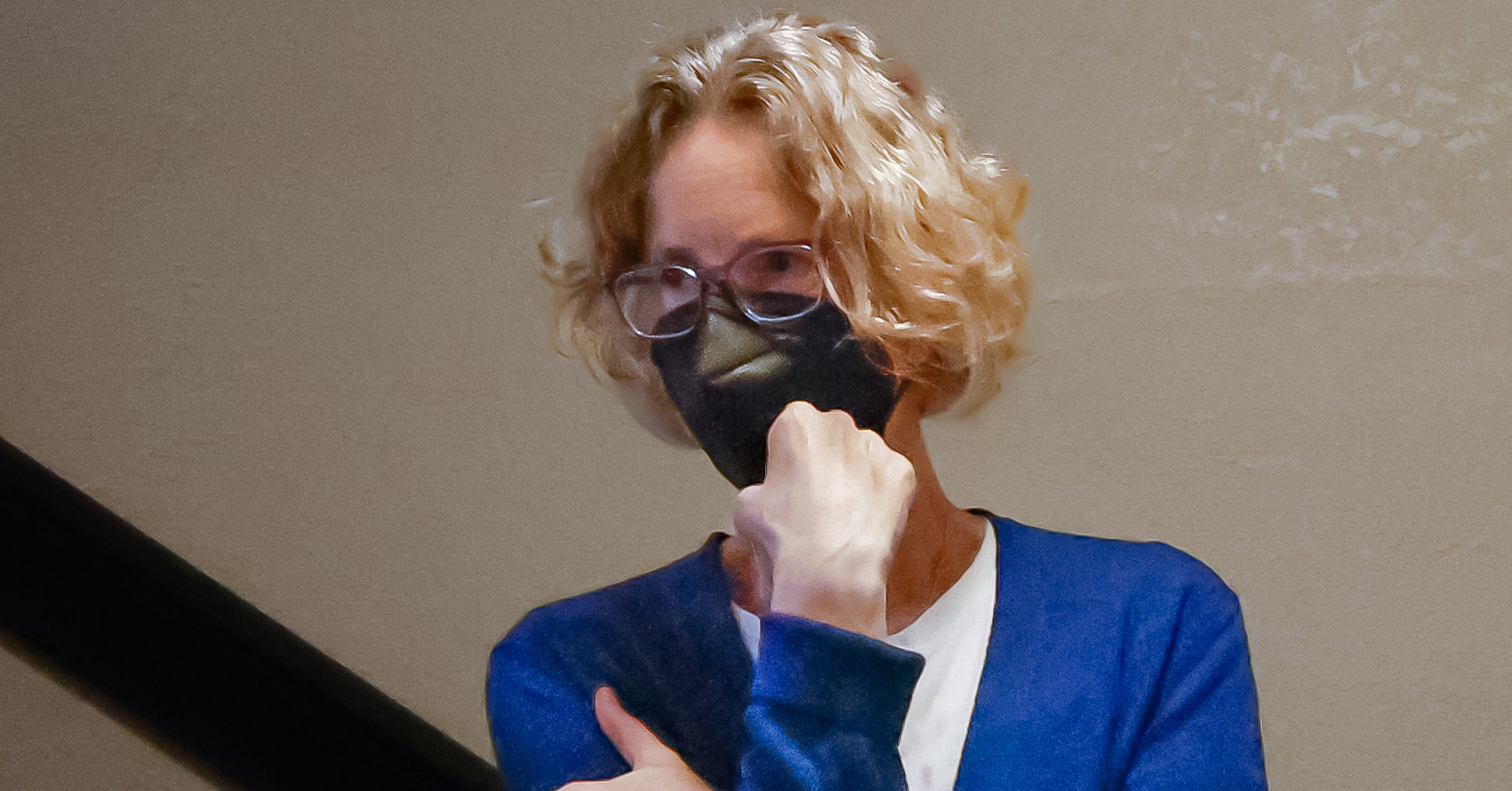San Francisco’s Black Employee Alliance, which represents more than 500 city employees, is demanding disciplinary action for a top public health official who was found working for a city-funded nonprofit without proper authorization.
The alliance filed a report to the Civil Grand Jury last week asking for an investigation into Jail Health Services Director Lisa Pratt’s failure to disclose that she worked for a city-funded drug rehab nonprofit called Baker Places. The organization is also demanding that the city place Pratt on administrative leave until the investigation is concluded.
The group alleges that the city has acted leniently toward Pratt because she is white, pointing to examples of Black and Brown employees who were fired or asked to resign in recent years for misconduct.
“To us, it’s apples to apples,” said Dante King, co-founder of the Black Employees Alliance. “You have Black and Brown employees being terminated for the most minuscule offenses.”
The organization compared the Lisa Pratt scandal to that of former Department of Public Health Director Barbara Garcia, who was asked to resign in 2018 because she hadn’t disclosed her spouse’s income at a city-funded nonprofit.
The organization also pointed to the case of Harlan Kelly, former general manager of the Public Utilities Commission, who is now facing federal charges of bribery and loan fraud conspiracy.
Meanwhile, communications between Pratt and the Ethics Commission reveal that the city is allowing Pratt to revise her past economic interest forms meant to disclose outside income.
Between 2016 and 2019, Pratt neglected to disclose her income for Baker Places on her Form 700—a document that requires public officials to disclose outside financial interests, including secondary jobs, real estate, stock and other holdings. Pratt told The Standard in an October 2022 interview that she had properly filed these disclosures.
The Department of Public Health previously told The Standard that it's undergoing an audit of its approval process for employees' secondary employment requests. The Standard has reached out for comment on this story.
Bob Stern, who co-authored the 1974 Political Reform Act that required the disclosure of those assets, told The Standard that the practice of amending the economic interest forms is not unusual, though it doesn’t necessarily excuse Pratt from discipline.
"It's absolutely the norm to amend it if it needs correction," Stern told The Standard. "The question is, should there be a penalty. That's a decision for the Ethics Commission."
Pratt resigned from her position at Baker Places in October following reporting by The Standard that exposed the arrangement. She had collected a $123,000 salary working as an on-call consultant for the nonprofit on top of her $428,750 city compensation.
The revelation of Pratt’s second job sparked outrage at City Hall who pointed to the nonprofit’s unraveling finances and repeated requests for monetary bailouts from the city. At a subsequent City Hall hearing, public health employees reported chronic understaffing and grueling shifts in the jail health division that Pratt oversees.
“It seems the city tried to downplay Dr. Pratt’s wrongdoings,” King said. “It’s a travesty.”
